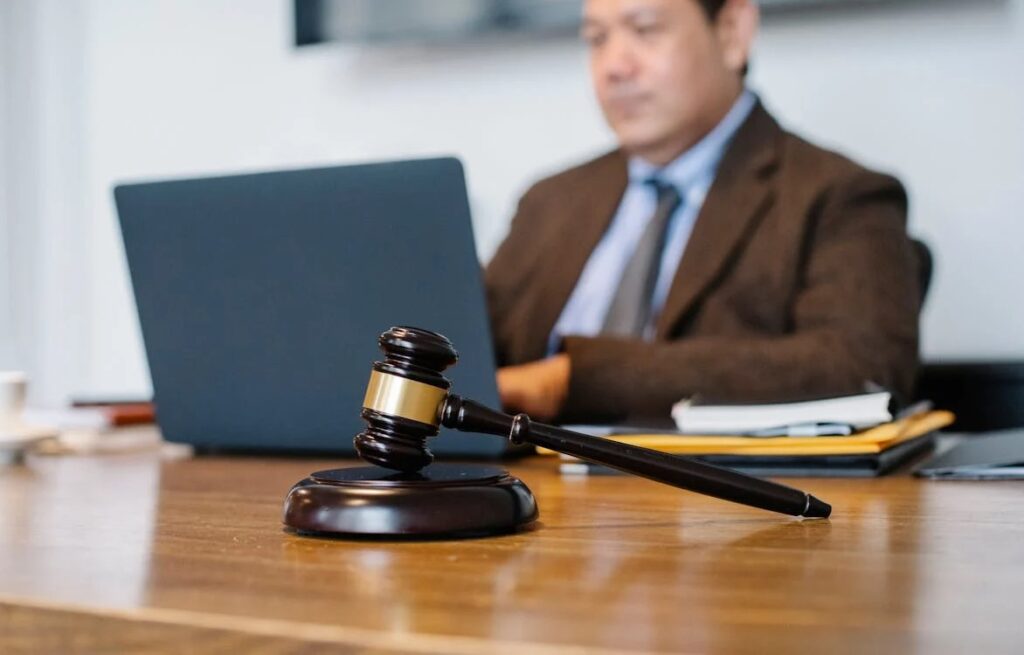My blog focuses on Legal Affairs. When looking for proper legal counsel, it’s critical to know what to look for. The following contributed post is entitled, What Top-Tier Legal Representation Actually Looks Like.
* * *
The Illusion of “Good Enough”
Let’s start by calling out a common business blind spot: the belief that all legal representation is pretty much the same. You hire a lawyer, you sign a retainer, they handle the paperwork, and everyone goes home. But in the real world—where contracts go sideways, deals collapse, and reputations hang by a thread—this cookie-cutter approach doesn’t hold.
True top-tier legal support isn’t about showing up with a briefcase and some Latin phrases. It’s about foresight, strategy, and knowing how to turn the law into leverage. And yes, there’s a very real difference between legal teams who simply react to problems and those who know how to neutralize risk before it bites.

Strategic Fluency Over Legal Fluency
The best lawyers don’t just recite statutes or dazzle with courtroom theatrics. They understand your business model, your pressure points, and how timing affects negotiations. They know when to push, when to pause, and when silence speaks louder than motion.
This kind of counsel doesn’t come from someone who just graduated with honors. It comes from a firm that’s built its reputation by threading needles others wouldn’t touch. Strategic fluency means knowing how to use the law to protect, position, and propel your business forward. That’s a skill set—refined, not generic.
The Human Layer: Unspoken But Essential
Let’s talk about trust. Not the warm, fuzzy kind. The kind that lets you hand over high-risk situations without second-guessing every call they make.
Great representation doesn’t just mean legal knowledge; it means understanding people. Top-tier legal pros know how to read the room, whether it’s a boardroom or a mediation table. They understand what your silence might mean, what the opposing side’s body language is suggesting, and how to communicate under pressure.
You’re not just hiring a firm. You’re hiring insight, emotional intelligence, and confidence that doesn’t rattle under fire.
Reputation, Relationships, Results
It’s easy to look at a firm’s track record and think numbers tell the whole story. Settlements won. Cases closed. But the best legal partners leave more than metrics behind—they change how the business operates.
When a legal team works at the level of a strategic partner, it shows. Contracts become smarter. Disputes shrink. Risk management matures. You start to play offense instead of always playing defense.
This is where names like the Kolmogorov Law firm quietly surface in conversations among those in the know—companies that don’t just want legal coverage, but want someone who can help build out a legal architecture that supports growth, not just survival.
The Difference is in the Details
Ask top-tier firms what they actually do differently, and the answer won’t be glamorous. It’ll be subtle. Relentless preparation. Precision in language. Tactics rooted in long-game thinking.
They draft contracts like they’re shields, not just formalities. They prep for negotiations like it’s chess, not checkers. They know what a no-cost clause today might cost you in six months if not phrased right. This is the level where details aren’t fine print—they’re the whole point.
Closing Thought
Here’s the thing: by the time you realize you need better legal representation, it’s usually too late. The best firms rarely need to advertise their brilliance—they show it in the crises that didn’t happen.
So don’t wait until you’re cornered to figure out what “top-tier” really means. If your legal partner isn’t helping you think bigger, safer, and smarter—then you’re not getting what you pay for. And in business, that’s the most expensive mistake you can make.
